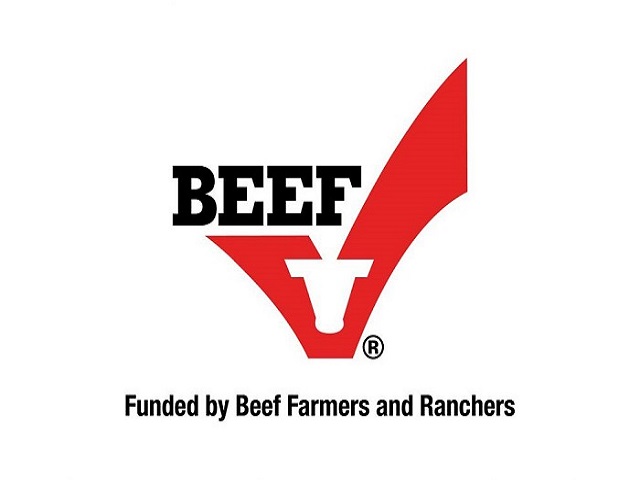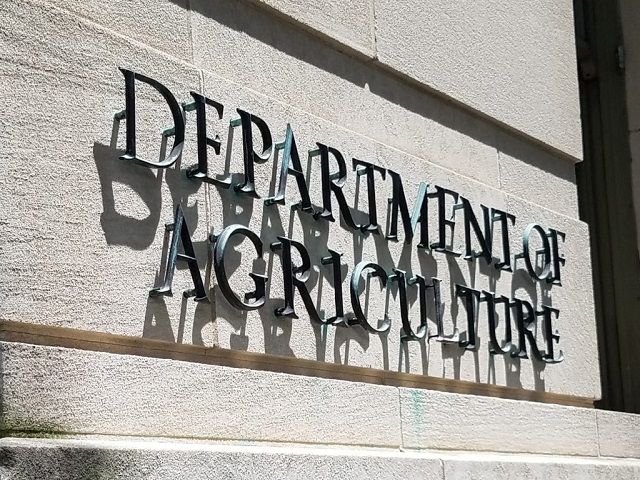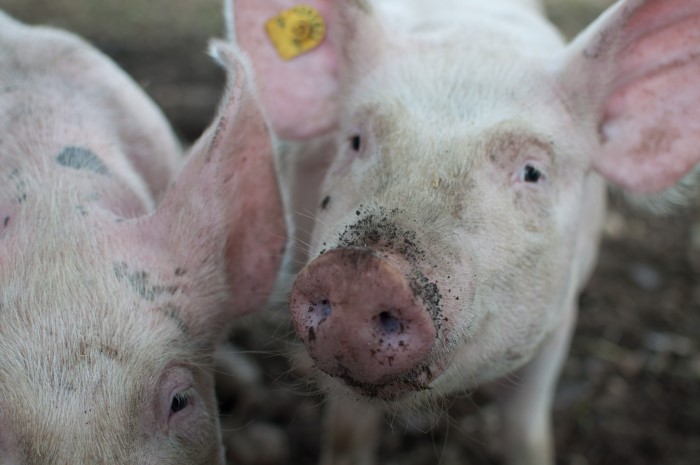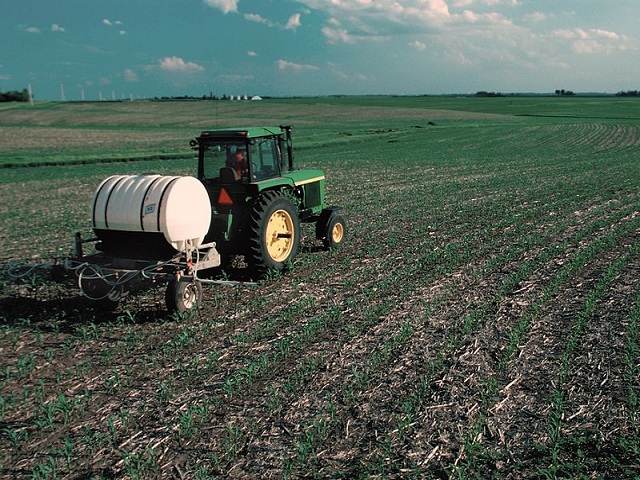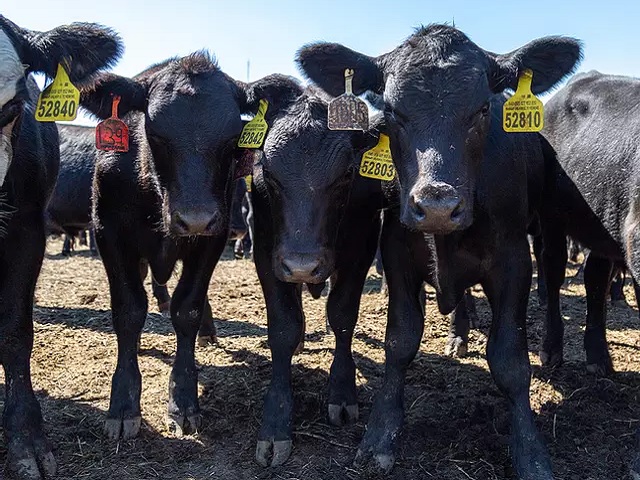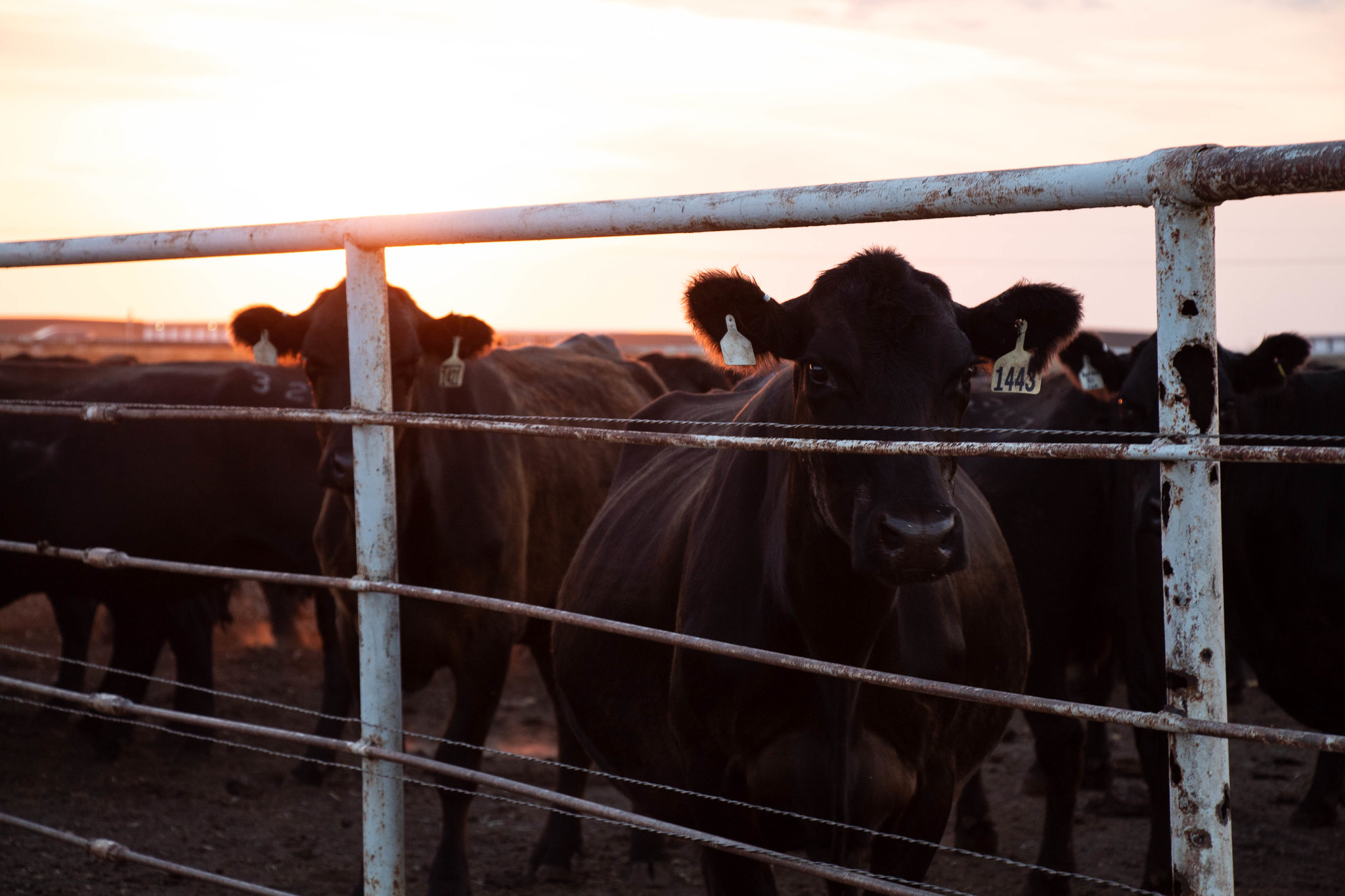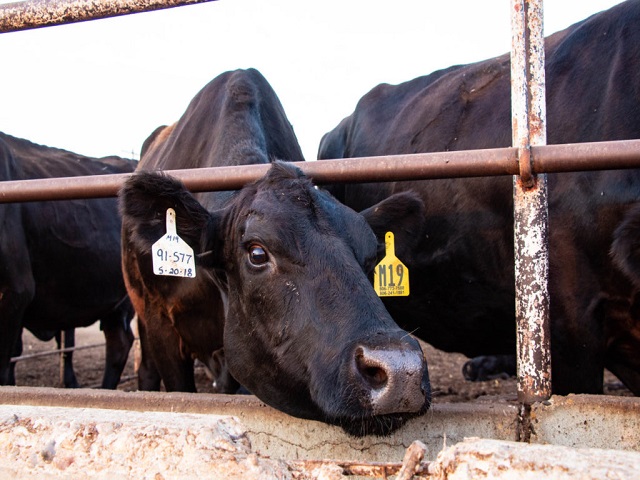Poultry Industry Leads Agriculture in Market-based Contracts
WASHINGTON, DC – Contracts are widely used in the production and sale of U.S agricultural commodities explains researchers at USDA’s Economic Research Service (ERS). Farmers use contracts to obtain compensation for higher product quality, specific outlets for products, and assurance of sales to manage income risk or finance debt. Processors use contracts to gain timely flows of products and greater control over the characteristics and consistency of the products they acquire. Contracts cover relatively small shares of corn, soybean, and wheat production and those shares have changed little in the past 20 years. In contrast, most poultry is produced under contract, and what is not produced under contracts between processors and growers is raised in facilities operated directly by processors. These differences between commodities reflect differences in markets and product characteristics. Because corn, wheat, and soybean producers have many potential buyers and can store their crops for long periods, cash markets work well for them. On the other hand, poultry producers make a substantial investment to produce birds that lose value quickly after reaching maturity, and there are usually just one or two local buyers for the product. Facing a risk that, without a contract in place, buyers would be able to force the price down, poultry producers are reluctant to invest in their business without the assurance of a contract.















